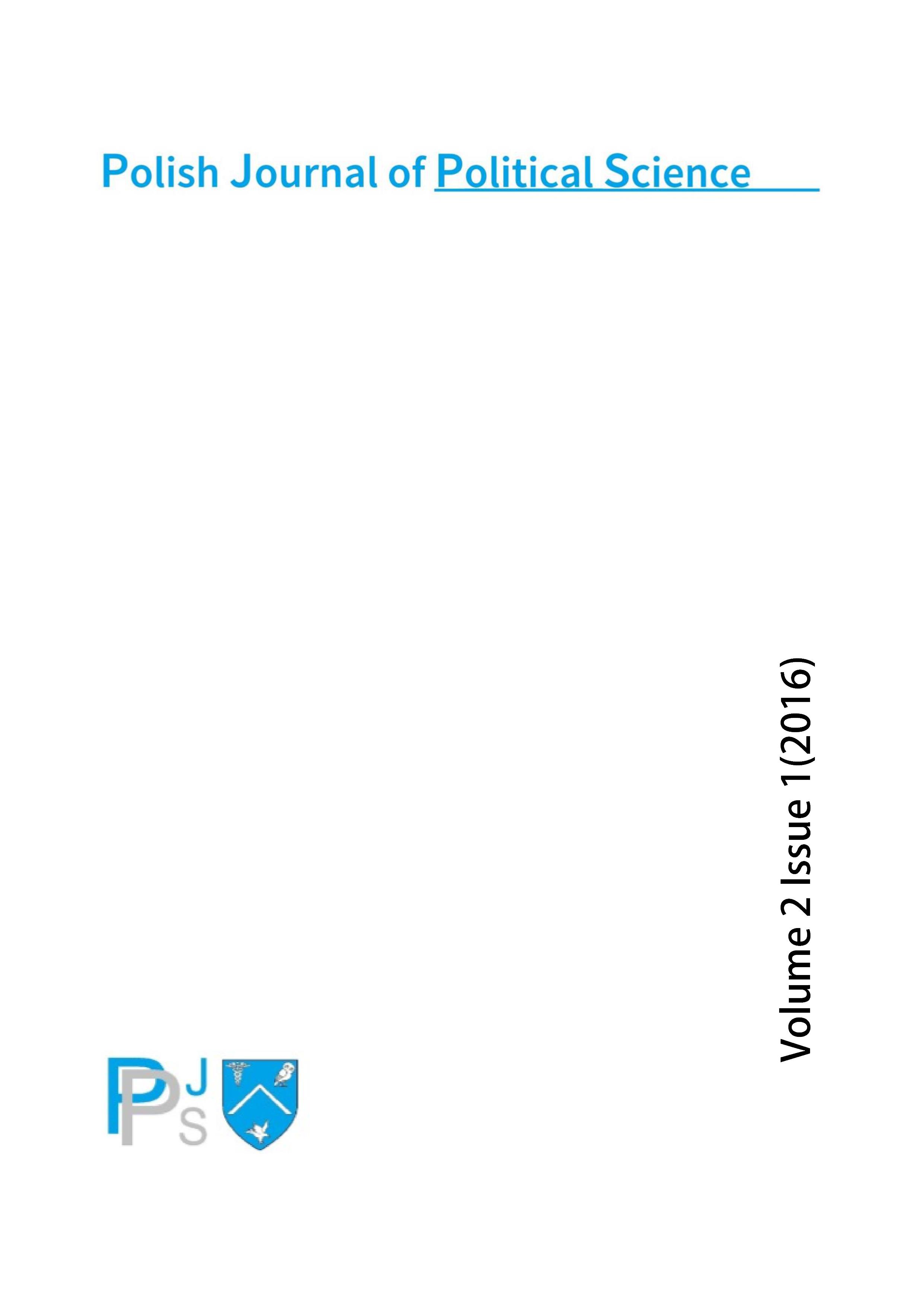Turkey and the European Union: the Saga of the 50 Years-Long Accession Negotiations
Turkey and the European Union: the Saga of the 50 Years-Long Accession Negotiations
Author(s): Ayfer AlptekinSubject(s): EU-Accession / EU-DEvelopment
Published by: Fundacja Instytut Nauki o Polityce
Keywords: Russian minority; minorities; Estonia, Russia
Summary/Abstract: The EU-Turkey relations date back to 1960s when the European project started. With the Ankara Agreement of 12 September 1963, Turkey became an Associate member of the European Economic Community which was then an economic organisation from which today’s EU emerged. The EU’s December 1997 sidelining of Turkey’s application for full membership turned the direction on 3 October 2005 and Turkey begin its accession negotiations with the EU. Since then there is still ongoing debate based on cultural, economic and political assessment whether Turkey will fit to be a member of the EU. From the perspective of the institutional norms of Copenhangen criteria, the EU could possibly embrace all countries, regardless of culture, religion and historical background. The EU’s uncompleted institutional structure gives rise some spatial, temporal and thematic scopes which introduce some new accession criteria such as European state, European identity, absorption capacity, open-ended process and approval of the member states which will make more complicated Turkey’s full membership bid to the EU. Despite Turkey’s institutional reforms which bring the country that much closer towards fulfilling the Copenhagen criteria and its dynacmic economy which makes Turkey as the second country that fits the Maastricht criteria in Europe, European politicians and citizens remain deeply divided on Turkey’s accession bid to the EU as a full member. As a consequence, the alternative accession proposals which depreciate the full membership of Turkey are argued by the EU’s core members. The purpose of this article is to answer the vague accession criteria, the different accession proposals towards Turkey and explain the new bargaining position of Turkey for its accession bid to the EU. The exclusion of Turkey from the EU’s enlargement process will be evaluated by different theoretical approaches which constitute the interplay of the liberal intergovernmentalism, historical institutionalism and path dependency process, rationalist approaches and sociological institutionalism.
Journal: Polish Journal of Political Science
- Issue Year: 2/2016
- Issue No: 1
- Page Range: 19-62
- Page Count: 44
- Language: English

